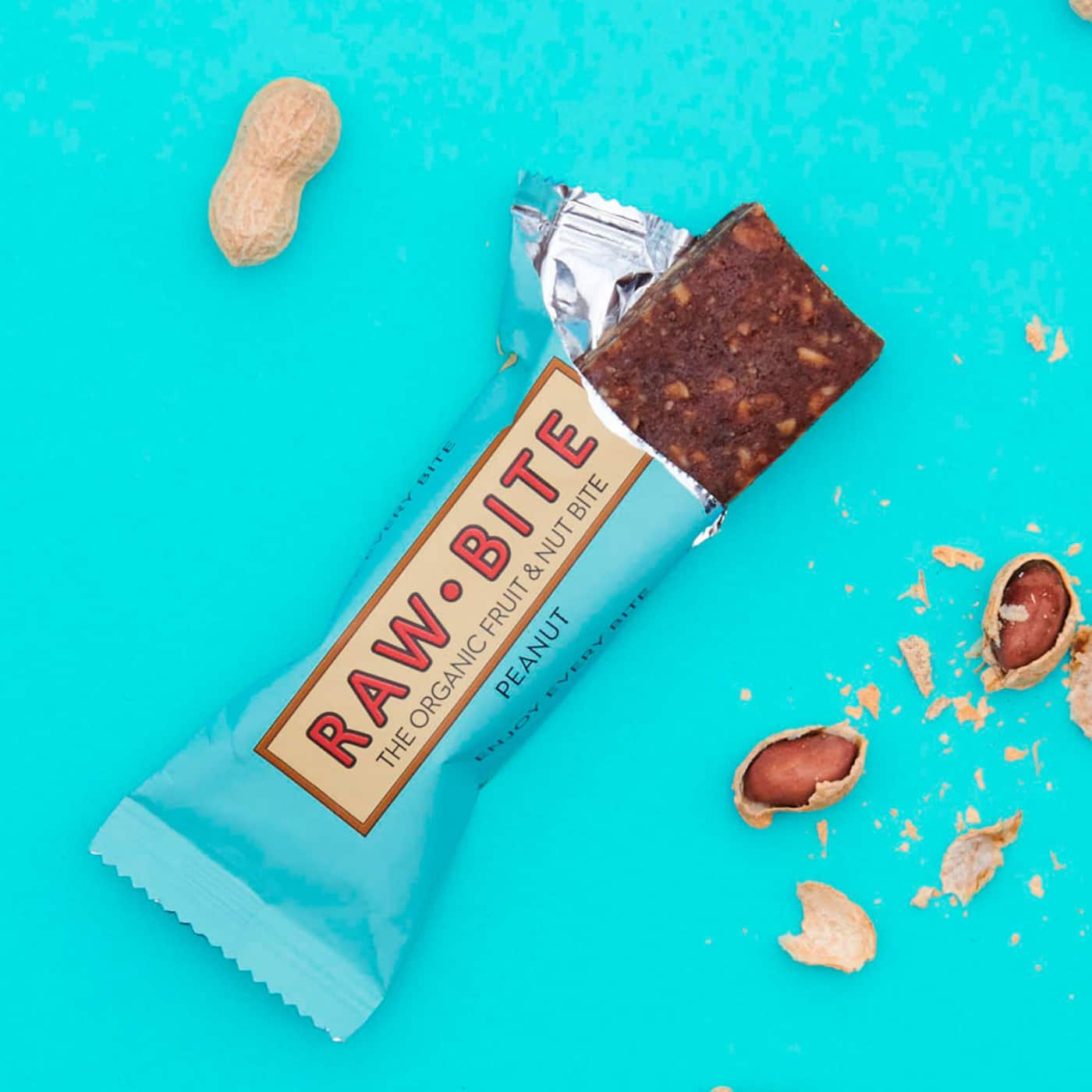Have you ever asked yourself what could happen in seven seconds? In Germany – as in many other European countries – every seven seconds, someone, somewhere needs a unit of blood. Today, the 14th of June, is World Blood Donor Day. Read on to find out why donors are always urgently needed, what you need to know about giving blood and why you should.
So just how important is blood donation?
It’s often a real challenge to find new blood donors. But did you know that every single unit of blood you donate can help to save the lives of up to three people?
One in three people will at some point in their life need a blood donation – and yet only 3% of the population actually give blood.
The German Red Cross has just launched a nationwide campaign, called #missingtype, to raise awareness of just how important blood donations are. The campaign is based around words and logos with the letters A, B and O left out to highlight the most commonly needed blood groups.
Not every blood group is compatible with others, and that is one reason why there are often shortages of a particular type. After the blood has been taken, it is separated into three components: plasma, thrombocytes (platelets) and erythrocytes (red blood cells). The various blood components are used to help patients with different illnesses, but they also have different shelf lives; some have to be used within a few days. That is why it’s important for enough people to donate blood regularly.
All over the world there is a high demand for blood donation; for instance, it takes 15 000 donors to cover Germany’s daily requirements of blood and blood products.
What do you need to know before giving blood?
In general, any person over the age of 18 can donate blood, but there are a few rules.
For example, you must weigh more than 50 kilos and must not have had a tattoo or piercing in the last four months. Taking certain types of medication will also exclude you from giving blood. You should eat and drink plenty, both before and after donating blood.
You cannot donate blood every day; there has to be an interval of at least 56 days between donations.
Check out your local blood donation center for more information – your local Red Cross is a great place to start.
How a blood donation works
- Register
You will be asked to show your ID card.
- Health screening
This questionnaire includes questions about your general health; this is to ensure that you are eligible to donate.
- Checking the haemoglobin level
A drop of blood from your finger is tested.
- Examination
A doctor examines you to make sure that you are fit to donate blood.
- Blood donation
500 ml of blood is collected.
- Snack and rest
After giving blood you should rest for a few minutes, have a snack and plenty to drink. Try to take things easy for the rest of the day.
Our tip: the donation centres usually provide snacks after you have given blood. However, if you are a vegan, you may find that the choice is very limited. We suggest you take along a RAWBITE bar as a well-deserved reward for doing something amazing for others!
Pure Taste. Pure Joy.
Source:
https://www.drk-blutspende.de/informationen-zur-blutspende/die-blutspende-beim-drk.php








